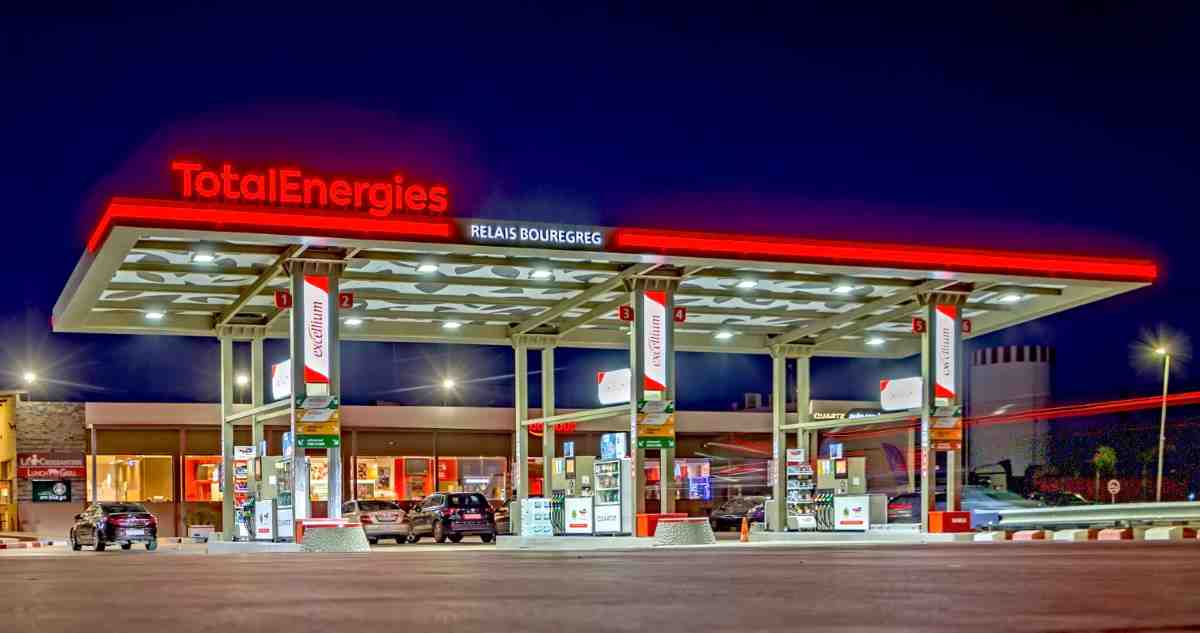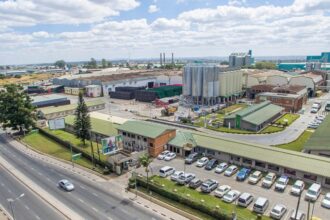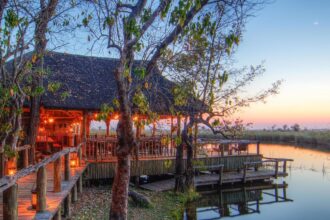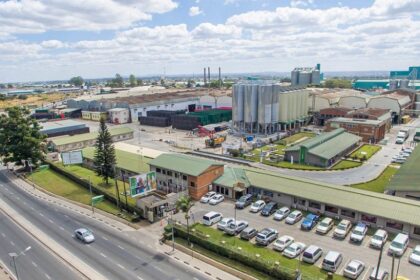At a Glance
- Mozambique’s eurobond surged after TotalEnergies lifted force majeure on its $20 billion LNG project in Cabo Delgado.
- Investor confidence strengthened, reflecting optimism over Mozambique’s improving security and economic outlook.
- The LNG project, set for completion by 2029, could transform Mozambique into one of the world’s leading natural gas exporters.
Mozambique’s sovereign bonds surged on Monday after France’s TotalEnergies SE lifted force majeure on its $20 billion liquefied natural gas project — a long-awaited move that marks a turning point for one of Africa’s most ambitious energy ventures.
The decision has revived confidence among investors who view the LNG development as central to Mozambique’s economic recovery.
It also underscores growing optimism about security conditions in the country’s northern region, where years of insurgent violence had forced the project’s suspension.
By midday trading in London, Mozambique’s only eurobond, due in 2031, climbed more than two cents to 89.38 cents on the dollar, sending yields down to 12.53 percent — their lowest in two weeks.
The rebound reflects improving sentiment toward the nation’s debt market, which has struggled under the weight of conflict, corruption scandals, and political instability.
Security gains pave way for energy revival
The TotalEnergies-led development in Cabo Delgado province was halted in 2021 following deadly attacks by Islamist insurgents.
With the project about 40 percent complete, operations are now set to resume, targeting first production by 2029.
Once fully operational, the facility is expected to produce up to 13 million metric tons of LNG annually — a level that could elevate Mozambique to the ranks of the world’s major gas exporters.
Security in Cabo Delgado has improved thanks to regional military cooperation, including support from Rwanda, though sporadic attacks remain a concern.
Analysts say maintaining peace will be critical to keeping the project on schedule and drawing in more foreign capital.
Market outlook and economic promise
In a note to clients, Morgan Stanley strategists Neville Mandimika and Simon Waever described Mozambique’s outlook as “a mix of short-term fragility and long-term promise.”
They pointed to ongoing fiscal constraints and post-election political tensions as lingering risks but said the project’s restart could mark the beginning of a new economic chapter.
“If Mozambique can maintain stability and pursue prudent economic reforms, the expected LNG boom in 2029 and 2030 could help ease debt burdens, strengthen the balance of payments, and spur broad-based growth,” the analysts said.
Beyond its macroeconomic benefits, the resumption opens new opportunities for energy firms and investors seeking exposure to Africa’s expanding gas sector.
Economists expect the renewed investment to bolster Mozambique’s foreign reserves, improve its credit outlook, and provide the fiscal breathing room needed to stabilize public finances after years of strain.















